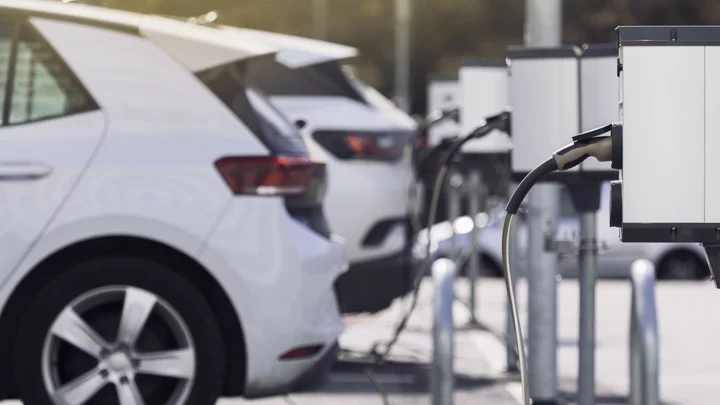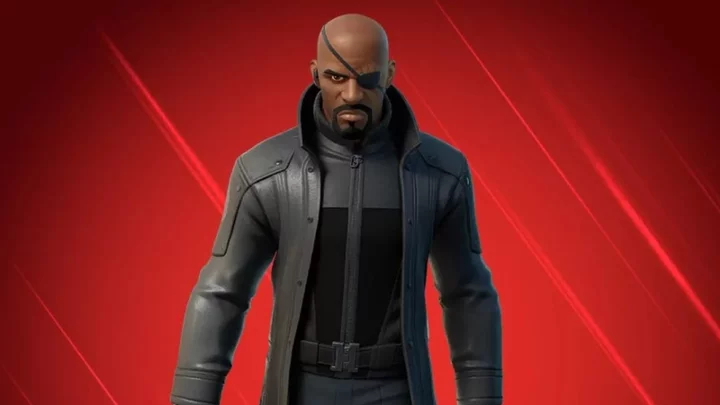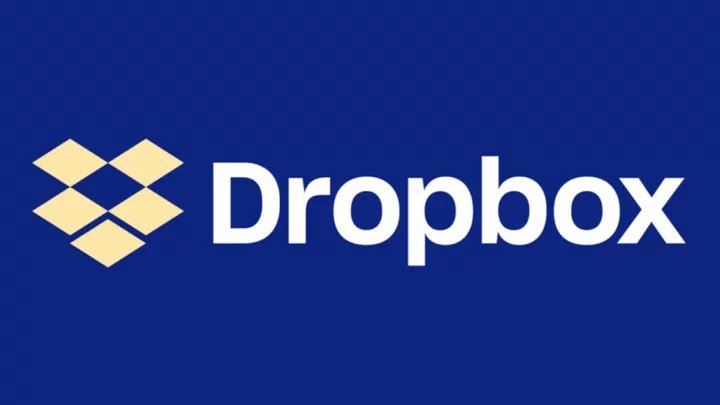Blink Charging, one of the nation's largest networks, is developing a fast EV charging station that supports vehicles with Tesla ports, known as the North American Charging Standard (NACS).
It will also have the port that's most common in all non-Tesla electric vehicles, known as Combined Charging System (CCS).
The announcement comes after General Motors and Ford unveiled plans to switch from CCS to NACS. Both companies will produce their EVs with Tesla's NACS port starting in 2025, and will grant their drivers access to 12,000 Tesla Superchargers in 2024 via an adapter.
Tesla Supercharger, left, and Blink's competittor, the 240kW DCFC, right.By offering a competing product, Blink hopes to keep its stations usable for Ford and GM customers without an adapter.
“Given recent announcements by Tesla, GM, and Ford, we are clearly witnessing the continued evolution of the EV charging industry as technologies advance," says Brendan Jones, president and CEO of Blink Charging. "We are excited by the increasing interest in our sector and are prepared to support all moves to increase EV adoption.”
Blink's new charger will support up to a 240kW power supply, earning the name Blink 240kW DCFC (direct current fast charger). It achieves these fast charging speeds thanks to new silicon carbide technology, a type of semiconductor chip. In comparison, the Tesla V3 Superchargers Ford and GM drivers have access to support up to 250kW charging speeds.
"The Blink 240kW DCFC, which incorporates new silicon carbide technology, was initially teased at CES 2023 and is currently in the final stages of completion by Blink’s in-house team," Blink says. "The product [will] immediately fill a void in the industry for a reliable DCFC charger that will be widely deployed to further electric vehicle adoption.”
Multiple other charging companies—Autel, Wallbox, FLO, and Tritium—have made similar commitments to NACS since GM and Ford made their announcements. This seems to confirm a new direction for the charging industry, because if charging companies do not support NACS vehicles, they might lose out on Ford and GM customers who prefer Tesla Superchargers.
"The ChargePoint NACS connector solutions were actively in R&D before recent news about the connector type, and as a result are planned to deliver ahead of the vehicles with native NACS ports announced over the past two weeks," says ChargePoint.
Some EV charging stations already support Teslas, and have for years. In 2021, EVgo announced it would update 600 stations with Tesla connectors. Others, like XCharge and AmpUp, have also supported both CCS and NACS since their inception.









